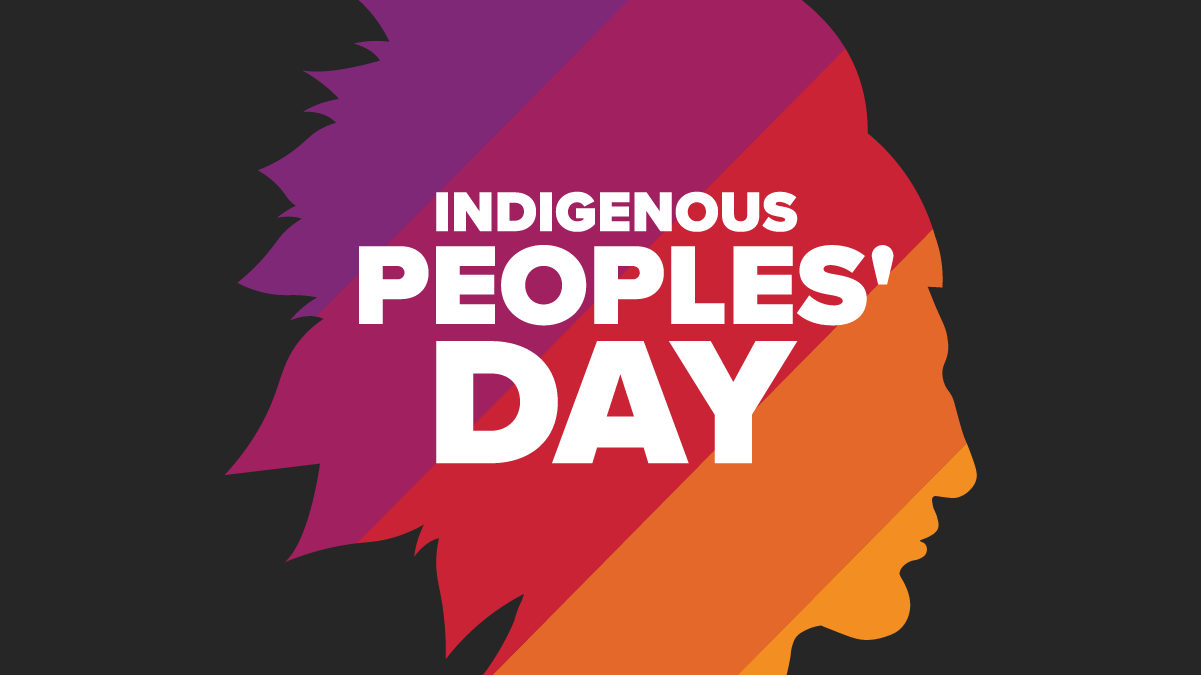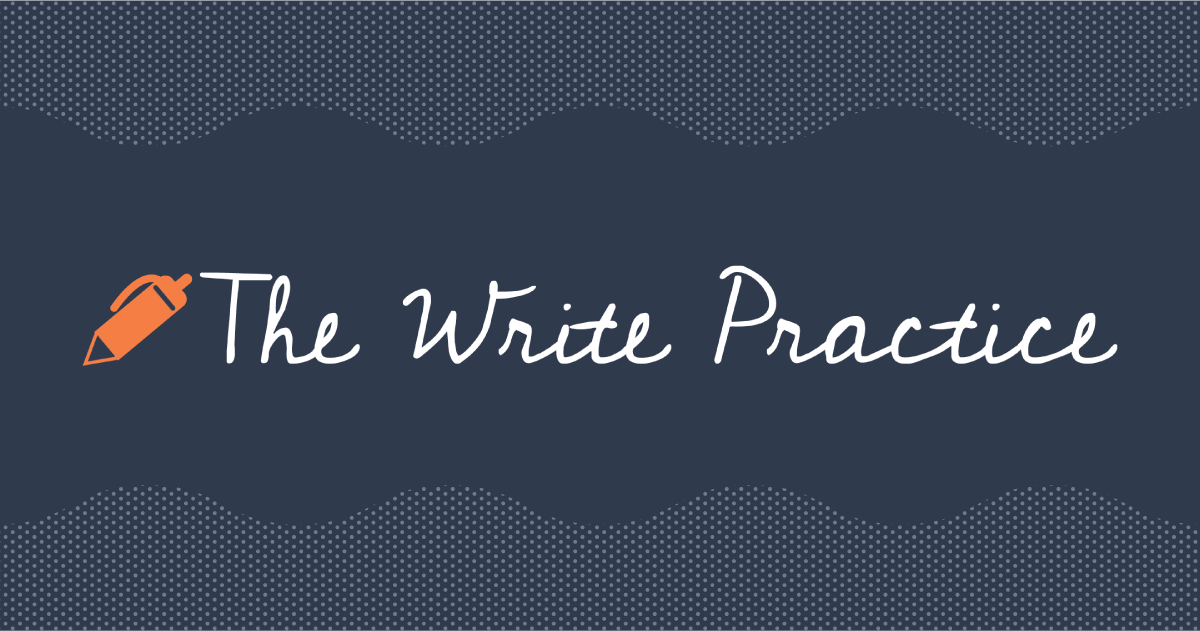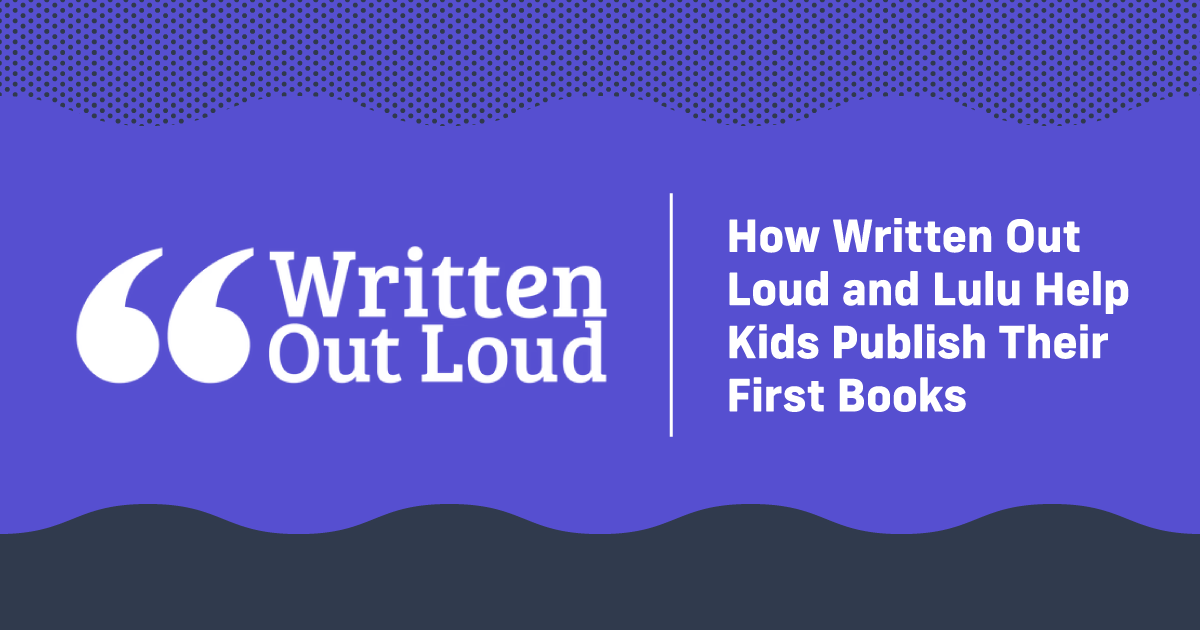Celebrating Indigenous People All Year Long
Indigenous Peoples’ Day is a day to honor and recognize the resilience of Native Americans, as well as an opportunity to educate ourselves on the ongoing issues faced by their community. It’s a day that gives us the opportunity to learn and urges us to rethink how we view American history. For Indigenous People, it’s a continued fight to maintain the integrity of visibility of Indigenous societies. So, let’s take a deeper look at this day and find ways to honor and celebrate Indigenous communities all year long.
What Is Indigenous Peoples’ Day?
Indigenous Peoples’ Day is an unofficial federal holiday celebrated across the United States on the second Monday in October. It’s a holiday that counters and moves to shift focus from the U.S. federal holiday Columbus Day, which is celebrated on the same day. While it’s not a recognized federal holiday, a growing number of states, cities, and districts have renamed Columbus Day as Indigenous Peoples’ Day.
In October 2021, President Biden became the first U.S. president to formally acknowledge this day by including it in his presidential proclamation. This was significant in that it boosted efforts to shift the focus from Christopher Columbus, an explorer who committed violent actions against Indigenous communities, and instead uplift the appreciation for Native peoples, celebrating their history, culture, and resilience.
The History of Indigenous Peoples’ Day
Native Americans have led numerous movements to advocate for their own rights and for their voices to be heard. The fight to recognize Indigenous Peoples’ Day began as early as the 1970s and the movement has grown larger and larger ever since. In 1977, a United Nations conference discussed the discrimination against Indigenous populations in the Americas. In this conference, the idea of Indigenous Peoples’ Day was first proposed as a way to replace Columbus Day. In 1989 South Dakota became the first state to rename Columbus Day to Indigenous Peoples’ Day, celebrating officially in 1990. Since then, a growing number of states like Alaska, Oregon, and Vermont followed, and the number of states, cities and districts that recognize this day continues to grow.
The Importance of Recognizing Indigenous Peoples’ Day
Why is making the switch from Columbus Day to Indigenous Peoples’ Day so important? Because Columbus Day erases the truth in our history. And the truth is, Columbus Day celebrates the man who initiated the genocide and colonization of Indigenous People. The truth is, that a large part of the continued marginalization of Indigenous People is perpetuated by focusing on a story that’s one-sided and told by the conqueror. With all the obstacles and heinous atrocities they’ve faced, Native Americans have not only survived but thrived and they need representation and recognition. They need their stories to be heard. It may seem like a simple name change, but that change reframes the narrative of this nation’s start and increases visibility and progress toward equality for Indigenous Americans.
“What these changes accomplish, piece by piece, is visibility for Native people in the United States,” says Van Heuvelen. “Until Native people are or are fully seen in our society and in everyday life, we can’t accomplish those bigger changes.”
Indigenous Peoples’ Day reimagines Columbus Day and changes a celebration of heinous atrocities into an opportunity to reveal historical truths about the genocide and oppression that Indigenous People continue to face.
Recognizing this day is a great start, but remember, it’s only a start.
Indigenous communities continue to face discrimination and displacement—the very reasons why according to Amnesty International, Indigenous Peoples face “higher rates of landlessness, malnutrition, and internal displacement than other groups.”
Celebrating Indigenous Peoples’ Day helps to bring attention to the challenges Indigenous People continue to face as well as the survival, resilience, and resistance they’ve shown through those obstacles. Indigenous Peoples’ Day and every day, reflect, recognize, celebrate, and most importantly, educate yourself.

Your Free Lulu Account
Create a Lulu Account today to print and publish your book for readers all around the world
Ways To Celebrate and Recognize Indigenous People
Here are just some of the ways you can celebrate Indigenous people every day throughout the year.
Take Action To Rename Columbus Day “Indigenous Peoples’ Day.”
Indigenous Peoples’ Day is still an unofficial federal holiday, you can also push for that to change by signing this petition that asks Congress to replace Columbus Day’s federal holiday status with Indigenous Peoples’ Day instead.
While several states and cities in the United States are making the switch, there are still places that haven’t accepted Indigenous Peoples’ Day. If your state has not embraced the change to Indigenous People’s day, look into if there are any individuals or groups in your area working to change the name of the holiday at the state or local level and get involved. You can also write to your local government and voice your opinion to local policymakers.
Donate to Indigenous Activists and Groups
Volunteering or donating money to Indigenous groups and grassroots organizations is one of the many meaningful ways to support the community. Look into organizations that support Indigenous communities in your area and contribute to the causes that resonate with you. There are several organizations to choose from that focus on different causes. Some center around climate change, civil rights, education, etc.
- Seeding Sovereignty is an Indigenous-led collective that works to radicalize colonized spaces with community building and cultural preservation.
- The Native Moment is an organization that seeks gender justice in Indigenous communities.
- Native American Rights Fund (NARF) protects Indigenous rights and resources.
- Redhawk Native American Arts Council is a nonprofit organization that focuses on Indigenous arts and cultural organizations.
- The Bear Ears International Tribal Coalition is an organization focused on protecting and restoring the environment and natural resources.
- American Indian College Fund supports Native students’ college education.
Focus on the Tribes Indigenous to Your Local Area
Learn more about Indigenous Tribes in your local area by looking at the Native land map or by visiting your local Native American center. Read up on that local tribe’s history and find ways to support their community.
Read Books by Indigenous Writers
Indigenous Peoples’ Day is a great opportunity to learn more about Native people, their stories, cultures, and traditions. And who better to learn it from than Indigenous writers themselves?
Don’t just recognize this day; celebrate the history and accomplishments of Indigenous people. One of the best ways to do that is through their art. Get the kids involved too! By including Indigenous children’s books on your bookshelf, you are opening up opportunities for your family to learn together.
Reading diverse books, in general, is important; it helps us understand perspectives we may lack. It helps open up and view different perspectives. So, make it a point to prioritize Indigenous books on your reading list; by reading books directly from an Indigenous writer, you get to learn more and witness historic episodes and experiences that are often left out of textbooks.
Here are a few books to add to your bookshelf:
- Creek Nation Recollectons by Hodalee Sewell
- Elatsoe by Darcie Little Badger
- Heartbeat Braves by Pamela Sanderson
- The Bone People by Keri Hulme
- The Things She’s Seen by Ambelin Kwaymullina and Ezekiel Kwaymullina
- There There by Tommy Orange
- An Indigenous Peoples’ History of The United States by Roxanne Dunbar-Ortiz
- Bury My Heart at Wounded Knee by Dee Brown
- The Woman Who Watches Over The World: A Native Memoir by Linda Hogan
Relearn History
To better understand the importance of Indigenous Peoples’ Day and why celebrating Columbus Day can be so hurtful, you first need to learn the true story of Christopher Columbus. The stories taught in school often glorify the explorer while glossing over his brutal treatment of Indigenous people. Reclaiming Native Truth is a U.S.-based project that is an excellent resource to begin learning more.
Support Native Owned Businesses
Indigenous business owners work hard every day to beat the odds, uplift their communities, and preserve their art and culture. So, whether you’re looking to treat yourself to some new winter wear or in search of holiday gifts, use the opportunity to buy from a Native-owned business. Not only are you supporting the creativity of Indigenous people, but you are also contributing to the economic development of their communities.
The Indian Pueblo store is a great place to start searching for original, handcrafted artwork from talented Native American artists.
Final Thoughts
Indigenous Peoples’ Day – and every day – think about the people who first called the Americas home. Their lives. Their struggles. Their triumphs. Their stories. Their existence. Learn a more complete and truthful story of Columbus and the Indigenous people. For so long, we’ve been fed a very one-sided story of our nation’s start, but there are several resources today including books written by Indigenous writers that can help teach a more accurate and complete narrative.
Indigenous Peoples’ Day brings awareness to the communities of Indigenous people who live among us, their accomplishments, and their resilience. We must continue our support and celebration of Indigenous communities all year long by relearning history, volunteering and donating to their organizations, supporting local tribes, reading books written by them, and supporting their businesses.




